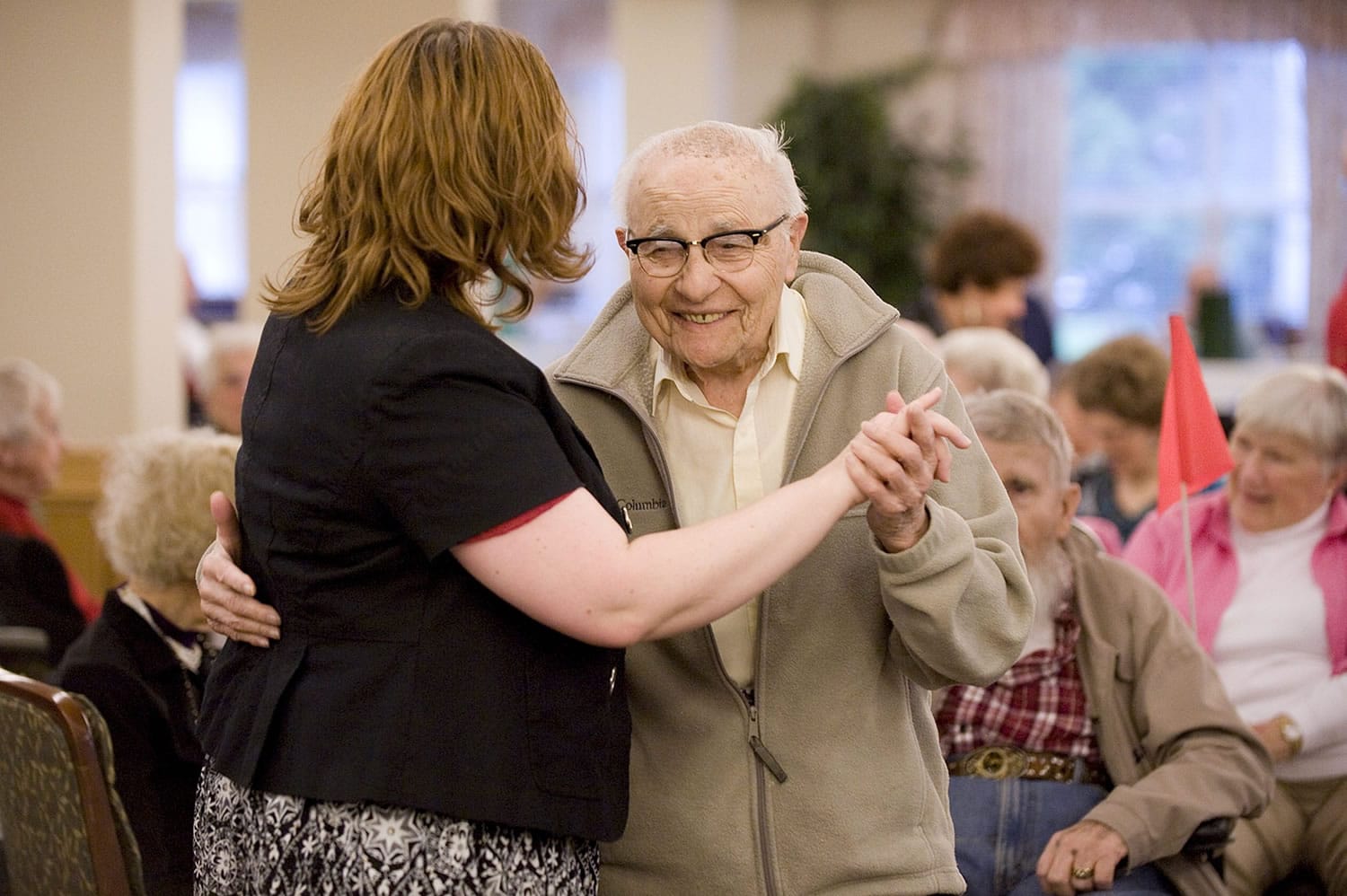Visit Live Well this week for tips on how to exercise: Over age 50, fitness classes bring balance, by Kim Lehmann, fitness director at Touchmark Health & Fitness.
Despite experiencing the death of a spouse, thinning hair and other age-related tribulations, 69-year-old Allen Thayer of Vancouver is generally happier than he was in his younger days.
“I have no idea why,” the retired physician said. “I just live in the moment, and I run every morning.”
Growing old comes with plenty of unpleasantness, from arthritis to loss of loved ones. The trade-off, however, may be a boost in happiness, according to researchers.



